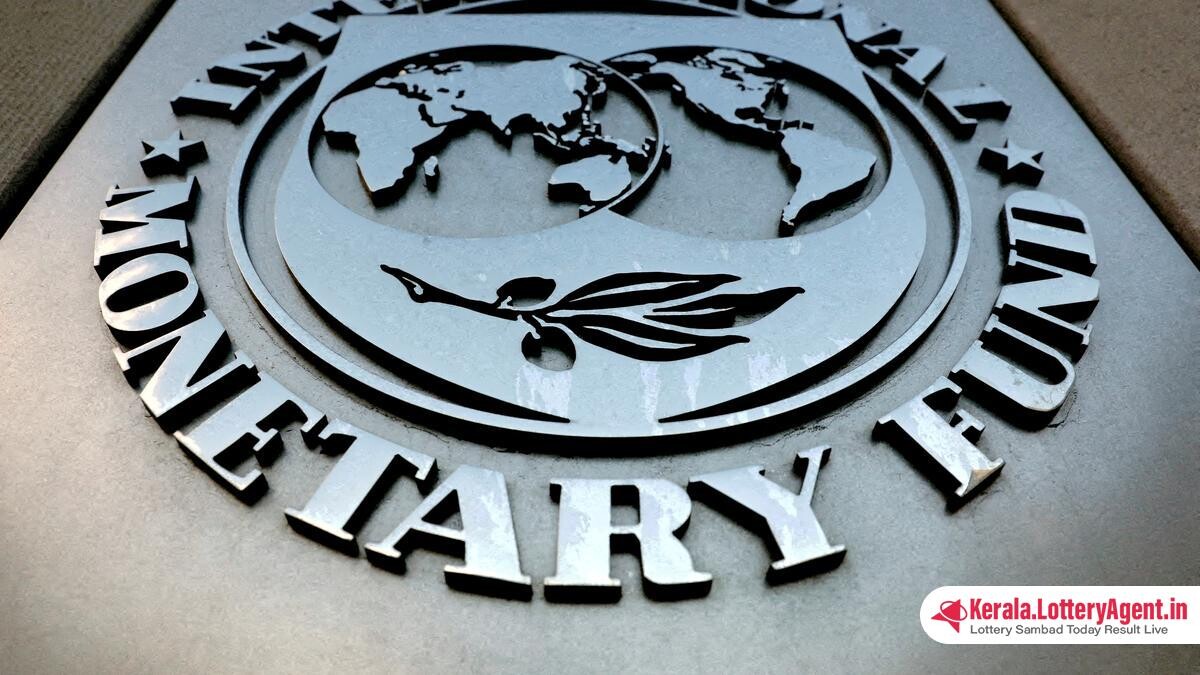
The International Monetary Fund (IMF) has announced its readiness to assist Sri Lanka as the nation engages in crucial discussions with international bondholders to restructure its significant debt. The global financial institution is set to provide a formal evaluation upon the achievement of a tentative accord between the parties, as confirmed by an IMF spokesperson on the 18th of April.
Sri Lanka, an island country in South Asia, is currently grappling with its most severe economic emergency since it gained independence in 1948. A drastic reduction in its foreign exchange reserves in early 2022 left the nation struggling to import essential goods, including fuel, cooking gas, and medication, otherwise necessary for the daily sustenance of its population.
The IMF, acting as a facilitator and overseer in the financial recovery process, voiced its hope for a swift resolution. “We hope an agreement consistent with the parameters of the IMF-supported program and official creditors’ Comparability of Treatment requirements can be reached soon, ahead of completing the second review under the program,” said the spokesperson.
Sri Lanka’s financial turmoil turned more pronounced when it disclosed its failure to reach an accord with its bondholders to reorganize approximately $12 billion of its debt. This development fueled apprehensions of potential delays in the disbursement of a third installment from its $2.9 billion program with the IMF, expected in June.
The contention arose over differences in the “baseline parameters” of the restructuring plan offered by the bondholders, which did not align with the stipulations of the IMF program that Sri Lanka is already committed to. The IMF encourages both parties to proceed with their discussions promptly, pressing for a swift return to formal negotiations.
As a next step, Sri Lanka has planned to confer with the IMF to ascertain whether the latest proposals tabled in discussions with bondholders are within the scope of its IMF-sanctioned bailout strategy. This examination is crucial as it determines the viability of the proposals in light of the economic recovery roadmap outlined by the IMF.
In May 2022, Sri Lanka officially defaulted on its external debt obligations, a decision that led to the initiation of bargaining with bilateral creditors. Several months of stringent negotiations ensued, culminating in a provisional consensus with key creditors, including China, India, and the Paris Club, by November of the same year.
The financial strain on Sri Lanka has had far-reaching implications, not just at the fiscal level but also socially and politically. The scarcity of foreign reserves—induced by a mix of external debt, economic mismanagement, and global financial pressures—has resulted in dire living conditions for the island’s inhabitants. This adversity has been compounded by inflationary spirals and shortages leading to public strife and demands for political accountability.
For the IMF, ensuring that Sri Lanka’s recovery process adheres to its program is paramount. The establishment of predetermined parameters aims to guide the restructuring in a manner that would lead to sustainable debt levels while trying to reignite economic stability and growth. The successful renegotiation with bondholders would mark a significant step forward in alleviating the fiscal distress that has beleaguered the nation for over a year.
As the IMF continues to back Sri Lanka in its bid to revive the economy through careful fiduciary oversight and guidance, the international community watches closely. The outcome of these negotiations could set precedent for other debt-burdened nations seeking similar relief, emphasizing the critical role of international cooperation in the realm of global finance.












